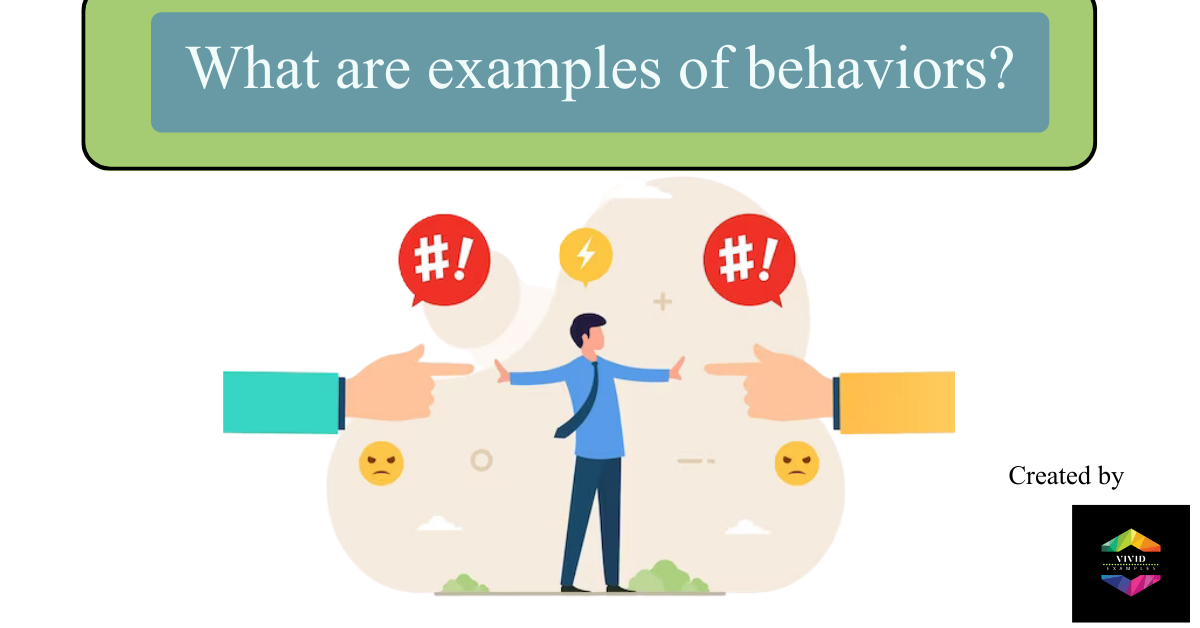In this article, we will explore various vivid examples of behaviors displayed by individuals and groups in different contexts. Understanding human behavior is essential for psychologists, sociologists, and anyone interested in human interactions. By examining these examples, we can gain insights into the complexities of human nature.
Human behavior is a fascinating subject that encompasses a wide range of actions, reactions, and expressions. It can be influenced by various factors, such as culture, environment, upbringing, and personal experiences. Let’s dive into some prominent examples of behaviors observed in society.

8 Examples of human behaviors
Examples of human behavior are given below,
1. Altruism
Altruism refers to selfless and compassionate actions undertaken for the benefit of others. It involves helping or supporting others without any expectation of personal gain. Altruistic behaviors can range from simple acts of kindness, like holding the door for someone, to more significant gestures, like volunteering for a charitable cause.
2. Aggression
Aggression is the display of hostile or violent behavior with the intention of causing harm to others. It can manifest in verbal or physical forms and may be influenced by frustration, anger, or a desire to assert dominance. Understanding aggressive behaviors is crucial for conflict resolution and maintaining harmonious relationships.
3. Conformity
Conformity is the tendency of individuals to adjust their thoughts, beliefs, and actions to align with the norms and expectations of a social group. It can be both positive and negative, as it can lead to social cohesion or stifle individuality and critical thinking.
4. Empathy
Empathy is the ability to understand and share the feelings of others. It involves putting oneself in someone else’s shoes and providing emotional support. Empathetic behaviors foster connection and compassion among individuals and contribute to building a caring society.
5. Prejudice
Prejudice is a negative attitude or belief held towards individuals or groups based on their perceived characteristics, such as race, ethnicity, gender, or religion. Understanding prejudiced behaviors is crucial for promoting inclusivity and combating discrimination.
6. Prosocial Behavior
Prosocial behavior encompasses actions that are intended to benefit others and contribute positively to society. Examples include sharing resources, cooperating, and offering assistance. Encouraging prosocial behaviors can lead to a more cooperative and supportive community.
7. Body Language
Non-verbal cues and body language play a significant role in communication. Behaviors such as facial expressions, gestures, and posture convey emotions and intentions, enriching the understanding of verbal messages.
8. Risk-taking
Individuals exhibit risk-taking behaviors when they engage in activities with uncertain outcomes, often involving potential rewards or consequences. Such behaviors can vary from adventurous pursuits to financial investments, and they reflect individual tolerance to uncertainty.
Human behavior is diverse and ever-evolving, shaped by a multitude of factors and influences. The examples provided in this article are just a glimpse into the complexity of human nature. By studying these behaviors, we can gain valuable insights into the workings of the human mind and society at large. Understanding behaviors is essential for promoting harmony, empathy, and positive interactions in our communities.

